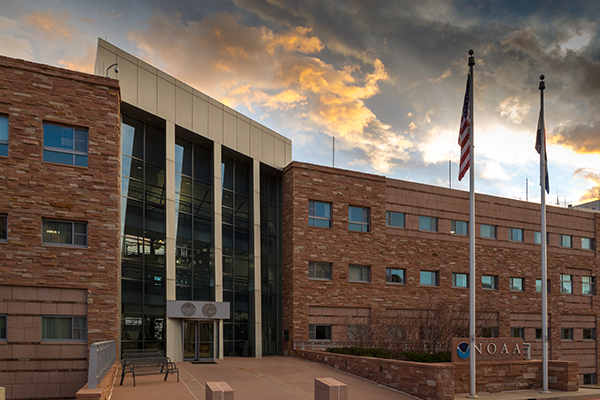
Evolution of the global coupled climate response to Arctic sea ice loss during 1990-2090 and its contribution to climate change
Lantao Sun
Tuesday, Apr 17, 2018, 2:00 pm
DSRC Room 2A305
Abstract
he role of transient Arctic sea ice loss in the projected greenhouse gases-induced late-20th century to late-21st century climate change is investigated using the Geophysical Fluid Dynamics Laboratory’s Coupled Model Version 3. Two sets of simulations have been conducted, one with Representative Concentration Pathways (RCP) 8.5 radiative forcing and the second with RCP forcing but with Arctic sea ice nudged to its 1990 state. The difference between the two five-member sets indicates the influence of decreasing Arctic sea ice on the climate system. Within the Arctic, sea ice loss is found to be a primary driver of the surface temperature and precipitation changes. Arctic sea ice depletion also plays a dominant role in projected Atlantic Meridional Overturning Circulation weakening and changes in North Atlantic extratropical sea surface temperature and salinity, especially in the first half century. The effect of present-day Arctic sea ice loss on Northern Hemisphere (NH) extratropical atmospheric circulation is small relative to internal variability and the future sea ice loss effect on atmospheric circulation is distinct from the projected anthropogenic change. Arctic sea ice loss warms NH extratropical continents and is an important contributor to global warming not only over high-latitudes but also in the eastern United States. Lastly, the Arctic sea ice loss displaces the Intertropical Convergence Zone (ITCZ) equatorward and induces a “mini-global warming” in the tropical upper troposphere.
You must provide an accepted form of identification at the Visitor Center to obtain a vistor badge. Security personnel also inspect vehicles prior to entrance of the site. Please allow extra time for these procedures.
After receiving a badge, you must arrive at the DSRC Lobby at least 5 minutes before the seminar starts to meet your security escort. If you arrive after that time, you will not be allowed entry.
Foreign Nationals: Please email the seminar contact at least 48 hours prior to the seminar to provide additional information required for security purposes.
Seminar Contact: richard.lataitis@noaa.gov